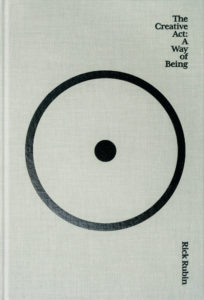By Charles Foster
Image> Leolynn11, CC BY-SA 4.0 <https://creativecommons.org/licenses/by-sa/4.0>, via Wikimedia Commons
The UK Government has lifted the prohibition on fracking.
The risks associated with fracking have been much discussed. There is widespread agreement that earthquakes cannot be excluded.
The precautionary principle springs immediately to mind. There are many iterations of this principle. The gist of the principle, and the gist of the objections to it, are helpfully summarised as follows:
In the regulation of environmental, health and safety risks, “precautionary principles” state, in their most stringent form, that new technologies and policies should be rejected unless and until they can be shown to be safe. Such principles come in many shapes and sizes, and with varying degrees of strength, but the common theme is to place the burden of uncertainty on proponents of potentially unsafe technologies and policies. Critics of precautionary principles urge that the status quo itself carries risks, either on the very same margins that concern the advocates of such principles or else on different margins; more generally, the costs of such principles may outweigh the benefits.
Whichever version of the principle one adopts, it seems that the UK Government’s decision falls foul of it. Even if one accepts (controversially) that the increased flow of gas from fracking will not in itself cause harm (by way of climate disruption), it seems impossible to say that any identifiable benefit from the additional gas (which could only be by way of reduced fuel prices) clearly outweighs the potential non-excludable risk from earthquakes (even if that risk is very small).
If that’s right, can the law do anything about it?Read More »Fracking and the Precautionary Principle






